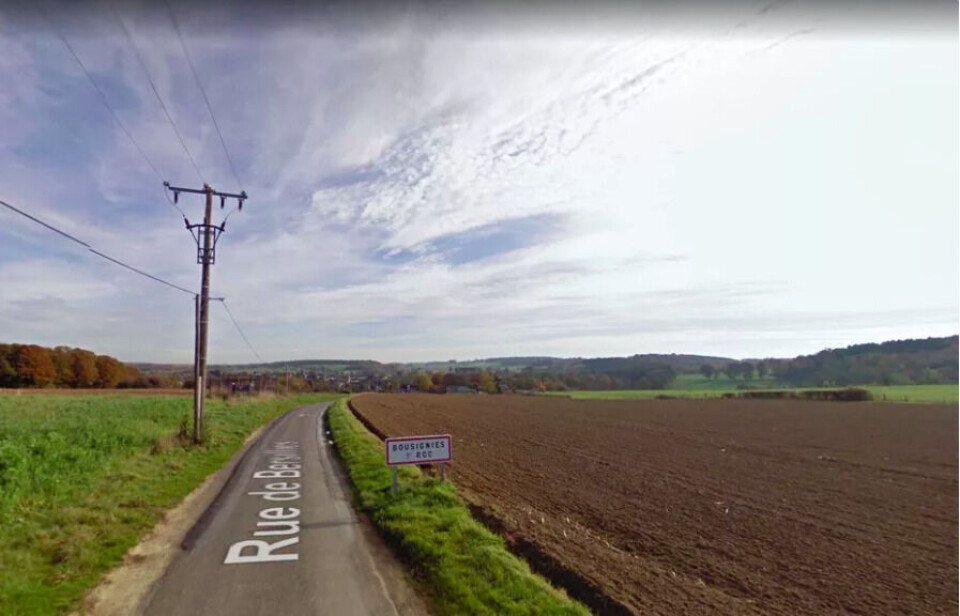-
Pistes closed, confinement orders: Alpine resorts deal with avalanche risk
Increased snowfall this weekend may cause further closures as busy school holiday season continues
-
Former French Interior Minister announces 2027 presidential candidacy
Bruno Retailleau recently asked prefectures to be tough on immigration
-
Ryanair axes Dublin-Rodez route but London connection retained
“We are disappointed but had no say in decision” say airport authorities
Belgian farmer moves boundary marker to make France two metres smaller
The France-Belgium border was settled over two centuries ago until a local farmer moved the stone marker with his tractor so he could access a field more easily

A Belgian farmer has moved a boundary marker signalling the location of the French-Belgian border, making Belgium 2.29 metres bigger and France smaller by the same amount.
The marker, weighing 150kg, is an historical stone previously located in the middle of a patch of greenery in the French commune of Bousignies-sur-Roc (Nord).
It was laid in 1819, when the current 620km border between France and Belgium was first defined.
The border was formalised in 1820 by the Treaty of Kortrijk, following Napoleon’s defeat at the Battle of Waterloo five years earlier.
Read more: Macron to commemorate (not celebrate) Napoleon bicentenary
Farmer asked to put marker back
The farmer said the large stone made it difficult for him to access his field so he moved it with his tractor.
He has not technically changed the border between France and Belgium, as both countries are part of the Schengen area in Europe. Countries in the Schengen area are border-free meaning that people can move between them with no checks.
Even if the stone no longer has legal significance, it is still symbolic. Local historian Jean-Pierre Chopin was the first to notice that it had moved from its normal location, where it has stood for the past two centuries.
The farmer has now put the stone back after being asked to do so by David Lavaux, mayor of the Belgian village of Erquelinnes.
Aurélie Welonek, mayor of nearby French commune Bousignies-sur-Roc, told local newspaper La Voix du Nord: “Two centuries ago this would have led directly to a diplomatic incident.
“But we should be able to avoid a new border war.”
Related stories
Napoleon: Should France mark the 200th anniversary of his death?
























